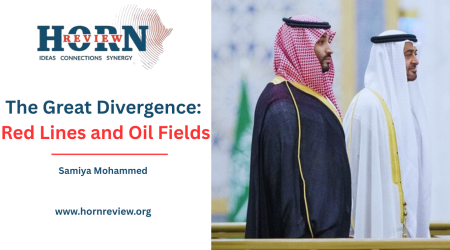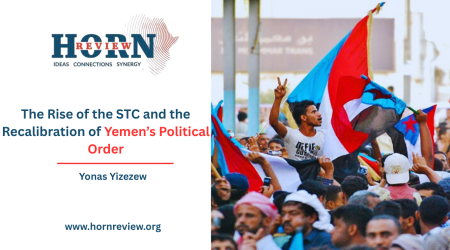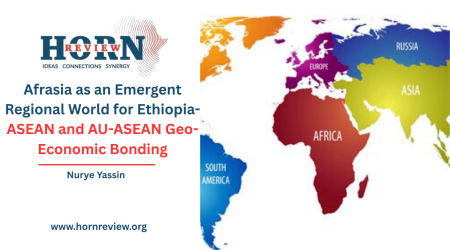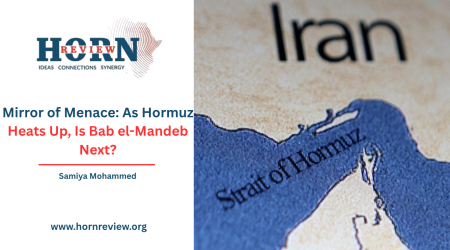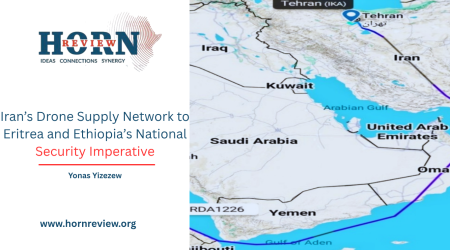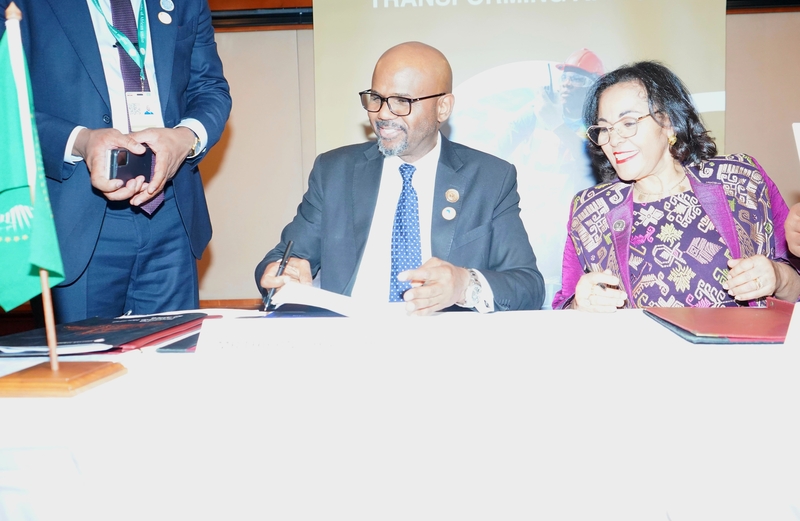
20
Feb
UDA-NEPAD and Shelter Afrique Development Bank: Tackling Africa’s Housing Crisis
Africa’s housing crisis is no secret. As cities grow rapidly and economic disparities widen, the continent faces a severe shortage of affordable, sustainable housing. To address this, AUDA-NEPAD (African Union Development Agency) has partnered with Shelter Afrique Development Bank (ShafDB), aiming to revolutionize housing across the continent. Together, they’re working to develop cost-effective homes, promote green urban development, and improve regulations to ensure housing projects meet the needs of Africa’s growing population. But can this ambitious initiative succeed in a landscape riddled with financial and political challenges?
Affordable Housing: A Dream or Reality?
Affordable housing is at the heart of the partnership’s mission, but defining it is complicated. It’s not just about cutting construction costs; it’s about income levels and access to credit—issues many Africans face. Financial institutions often overlook informal sector workers, and rising building costs make affordable housing difficult to achieve without government aid.
Sustainability and Urban Development Challenges
The focus on green, climate-resilient urban planning is vital as Africa faces the risks of climate change. Yet, eco-friendly projects are expensive and hard to scale. Political influence, corruption, and lack of coordination often derail sustainability goals, leaving them more as aspirations than realities.
Governance and Policy Hurdles
Weak governance and unclear land ownership laws are major roadblocks. The success of the initiative depends on strong political will, institutional capacity, and overcoming resistance from entrenched interests. Without comprehensive policy reform and enforcement, progress will remain slow.
The Role of Private Developers
Private developers like OVID Holdings play a key role in bridging the housing gap, but they have traditionally focused on high-end projects. Shifting business models to include affordable housing is crucial for addressing the needs of low-income populations while maintaining profitability.
Financial Sustainability: Securing Investment
Attracting long-term investment is a significant challenge due to unpredictable financial conditions, unclear land laws, and high construction costs. To succeed, the initiative needs stable financial strategies, including subsidized mortgages and clearer land ownership frameworks.
Can the Partnership Deliver?
While the partnership between AUDA-NEPAD and ShafDB is a promising start, the path to solving Africa’s housing crisis remains complex. To succeed, the initiative must overcome political, financial, and governance challenges. Without sustained commitment and a shift in priorities from both the government and private sectors, affordable housing may remain an elusive goal.
By Woinab Dejene




